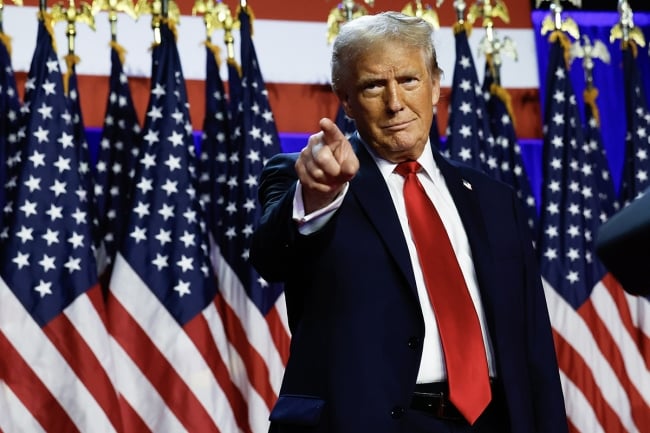 Many students like to or wish to participate in global education. From what I have noticed, it typically refers to students in the United States seeking to broaden their education outside of the country; however, this is not always the case. According to a recent study, a significant increase in Indonesian students studying in the U.S., particularly in short-term exchange programs rose by 28.6%. This growth is fueled by initiatives like the Indonesian International Student Mobility Awards (IISMA), underscoring Indonesia’s emphasis on global academic exposure. Additionally, a 10% rise in graduate and work-study participation signals broader aspirations among Indonesian students to integrate academic achievements with practical experiences. This trend holds broader implications for U.S.-Indonesia relations. As the two nations celebrate 75 years of diplomatic ties, the surge in educational exchanges symbolizes deepening cooperation and mutual investment in human capital. Education has long been a strategic pillar in bilateral relations, reflecting shared goals of fostering cultural understanding and equipping future leaders
Many students like to or wish to participate in global education. From what I have noticed, it typically refers to students in the United States seeking to broaden their education outside of the country; however, this is not always the case. According to a recent study, a significant increase in Indonesian students studying in the U.S., particularly in short-term exchange programs rose by 28.6%. This growth is fueled by initiatives like the Indonesian International Student Mobility Awards (IISMA), underscoring Indonesia’s emphasis on global academic exposure. Additionally, a 10% rise in graduate and work-study participation signals broader aspirations among Indonesian students to integrate academic achievements with practical experiences. This trend holds broader implications for U.S.-Indonesia relations. As the two nations celebrate 75 years of diplomatic ties, the surge in educational exchanges symbolizes deepening cooperation and mutual investment in human capital. Education has long been a strategic pillar in bilateral relations, reflecting shared goals of fostering cultural understanding and equipping future leaders

However, Donald Trump’s return to the presidency raises pressing questions about the future of U.S. higher education. His proposed policies such as dismantling DEI initiatives reflect escalating ideological battles over the role of colleges in American society. This poses the question of whether or not international students will be accepted. According to Kamala Shirin Lakhdhir, “The U.S. is open to Indonesian students at all levels of study”, however, I am unsure to what extent and for how long the U.S. will keep its “arms open”. As Trump prepares to implement reforms, the potential consequences for students, educators, and institutions are profound.
One of the most significant impacts would be on marginalized communities. Trump has promised to defund DEI programs, which could diminish support for underrepresented groups on campus. As higher education stands at a crossroads, Trump’s policies could reshape its trajectory.
The story of Indonesian students studying in the U.S. highlights broader themes of global interdependence and the balancing act between national sovereignty and international collaboration. Indonesia’s push for global academic exchange, such as through the IISMA program, mirrors its efforts to open markets and foster cross-border innovation. Yet, there’s an inherent tension between embracing global opportunities and protecting domestic interests. How do power dynamics between nations influence the flow of students, resources, and ideas? While the U.S. presents itself as a land of opportunity, shifts in policies, such as those proposed by Trump, reveal the fragility of these commitments and their potential to disrupt lives and aspirations. These complexities remind us that education is not just a personal pursuit but also a geopolitical tool that shapes cultural narratives and economic futures.
